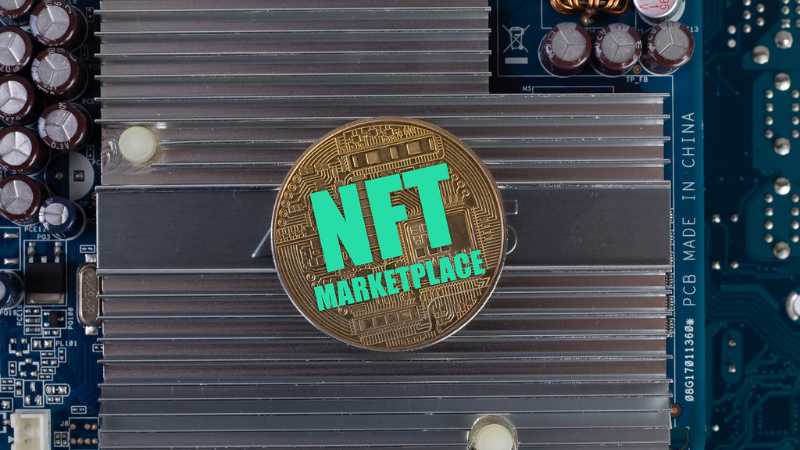Published on: 29/12/2022
China to launch first national regulated NFT marketplace

China is set to launch its first national regulated NFT marketplace on January 1, 2023 in Beijing, according to reports. Presently, the marketplace is being developed by state-owned companies Chinese Technology Exchange, Art Exhibitions China and private corporation Huaban Digital Copyrights.
This platform, which is called China Digital Asset Trading Platform, is expected to bring a significant impact on the NFT market in China, which would allow buyers and sellers to find and trade NFTs, and improve their authenticity and ownership to better protect creators’ and consumers’ rights.
In China, NFTs have been increasingly popular and used to authenticate and sell rare digital collectibles. Its market has grown significantly recently, with several high-profile sales have been noted to take place on several platforms.
“The project aims to regulate and avoid the excessive speculation in secondary [NFT] markets.”
Yu Jianing, co-chairman of the China Communications Industry Association Blockchain Special Committee
According to co-chairman of the China Communications Industry Association Blockchain Special Committee Yu Jianing, the digital investment sector in China is still in its early stages. He also noted that regulations and supervisory procedures needed modification, as digital assets, copyrights and IP rights are more vulnerable to regulatory difficulties.
“In terms of industry supervision and regulation, digital assets represent a new form of commerce, and much regarding laws, regulations and supervisory policies remains to be refined. Therefore, a deal of uncertainty exists,” Yu said.
China’s NFT law
Earlier this month, the Hangzhou Court of China declared that NFT tokens are considered virtual property and protected by the law in the country. The court stated NFTs have object characteristics of property rights like value, scarcity, controllability and property of sale. However, since 2021, cryptocurrency exchanges have been banned in China.
The Chinese government also does not allow NFTs to be traded on secondary markets. Secondary trading platforms like OpenSea are also not allowed to operate in China. In China, the term “digital collectibles” is considered a virtual property and treated as selling digital goods through the Internet.
The court addressed that the NFT marketplace is a new business model because of its connection to the blockchain and smart contracts. Recent reports stated that the NFT industry in China is predicted to grow up to 70 percent annually to reach more than $4.8 billion in 2022 and total annual growth of almost 50 percent up to 2028.
NFT limitations in China
According to Yu, the current development of digital assets still has many issues, which come in the form of technical limitations, collection value and disputes for copyright.
The country also still lacks a centralized marketplace. As a result, there have been words of concern about the authenticity and ownership of some NFTs.
Although blockchain technology makes each NFT unique, it still cannot ensure that the uploaded artwork has the necessary ownership. If the NFT does not come from its holder, both the creator and the marketplace that permit the upload of this NFT may have a risk of facing infringement cases.
In April earlier this year, the court declared a judgment for an NFT infringement case between Shenzhen Qice Diechu Cultural and Creative and Hangzhou Yuanyuzhou Technology Co.
Qice sued Yuanyuzhou for infringing its right to disseminate the Fat Tiger Receiving Vaccination NFT without authorization. Meanwhile, Yuanyuzhou representative said the company was only a third-party platform operated and the NFT in question was created and uploaded by one of the users.



